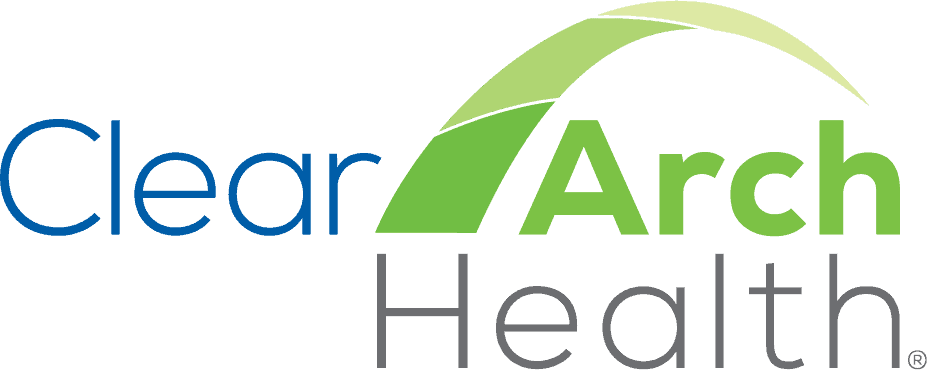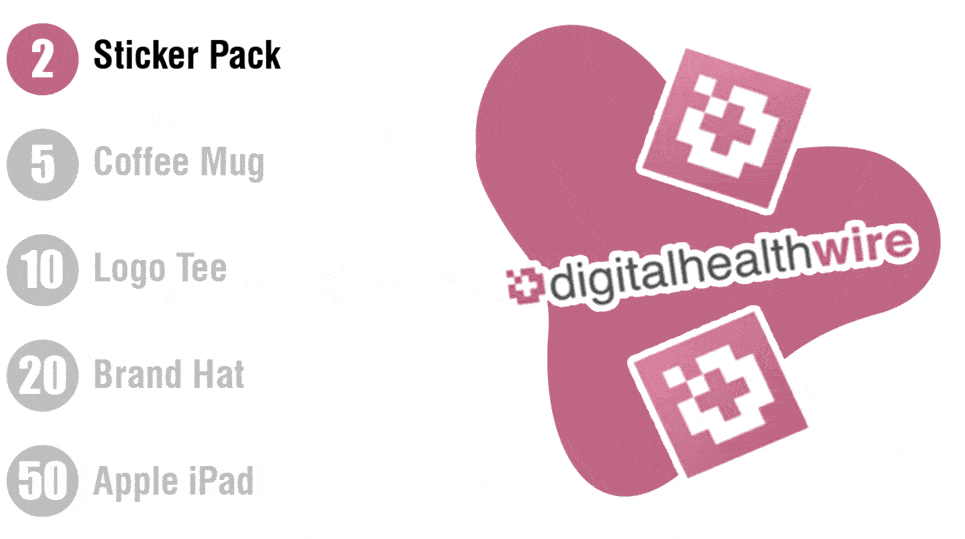|
Pent-Up-Demand | Medicaid Breakdown
June 15, 2023
|
|
|

|
|
Together with
|

|
|
|
“Why do you come to work?”
|
|
Judy Faulkner’s question to all new Epic employees. The most common answer: The paycheck.
|
|

|
|
The pent-up-demand narrative is back on the menu. Speaking at Goldman Sachs’ Global Healthcare Conference, the CEO of UnitedHealthcare’s Medicare business Tim Noel said that costs are on the rise due to elevated demand for outpatient procedures.
- “We’re seeing that more seniors are just more comfortable accessing services for things that they might have pushed off a bit like knees and hips.”
That quip sent shares of UnitedHealth Group sliding over 6%, wiping out roughly $29B from the healthcare giant’s market capitalization in one of its largest single-day drops in years.
- United now expects its Q2 medical loss ratio (percentage of spend on claims versus premiums collected) to be moderately above its full year forecast (82.1% to 83.1%).
- The stocks of other major Medicare players took a pretty significant sympathy dive, with CVS (-7%) and Humana (-11%) getting the worst of it.
Why is this important? Payors have been enjoying a lull in surgery expenses due to hospital-wary patients postponing care during the pandemic, but that trend might be reversing.
- Although several surveys have suggested that some of these skipped appointments are lost for good, United’s comments show that Medicare patients are getting back on track.
That’s good news for hospital operators and medical device companies, whose revenue is closely tied to surgery frequency.
- Shares of hospital operators Tenet Healthcare and HCA Healthcare each jumped on the news, while joint replacement and implant manufacturers like Stryker and Zimmer Biomet climbed around 4%.
The Takeaway
Investors are listening closely for any signs of increased payor costs as patients start catching up on postponed care, and United’s role as the bellwether for the group means that even off-the-cuff comments at conferences are heard loud and clear. While the extent of the pent-up-demand remains to be seen, United seems to think the pressure could start shifting from hospitals to payors in the second half of the year.
|




|
|
Selecting Your Drug Database and CDS Solution
Do your providers need easy access to real-time drug knowledge and clinical decision support? Explore Synapse Medicine’s complete guide to drug database advantages, use cases, challenges, and factors to consider when selecting the right solution for your organization.
|
|
Clinical Documentation Integrity For VBC
The growing use of risk-adjusted reimbursement in outpatient settings means clinical documentation needs to keep up, or health systems risk leaving revenue on the table. Check out Nuance’s new blog to learn how shifting reimbursement models make clinical documentation excellence more important than ever, and how AI can help you achieve it.
|
|
Better Diabetes Management With Glooko
Glooko’s diabetes management platform transforms the way patients connect with their providers, driving better engagement, adherence, and ultimately outcomes. Take a look at Glooko’s latest clinical studies to see how their platform is driving sustained improvements for people with diabetes.
|
|
- Rock Health Medicaid Breakdown: Medicaid’s 92M patient population and $728B market make it one of the best areas for digital health innovation, according to a great breakdown from Rock Health. As Medicaid’s pandemic enrollment provisions come to an end, the article highlights how new solutions are needed to help navigate the web of state-specific regulations and confusing reimbursement policies. Rock Health points to three specific areas in need of a makeover: extending provider capacity, optimizing enrollee engagement, and strategizing with data-driven insights.
- Lengthening Funding Cycles: Crunchbase data shows the time between startups’ Series A and B rounds has just reached an all-time high, taking an average of 31 months across all industries (up from 26 months a year ago). Within healthcare, the mental health funding slowdown has driven longer funding cycles, although generative AI startups could hasten the pace as they start approaching their Series B rounds.
- iRhythm’s FDA Warning: iRhythm Technologies received a downright scathing warning letter from the FDA regarding its Zio AT mobile cardiac telemetry monitor. The letter states that iRhythm failed to inform the FDA of two patient deaths and other issues, marketed the device to “high-risk” patients for indications that hadn’t been approved, and updated its algorithm without proper permissions. The letter highlights the increased scrutiny the FDA is placing on digital health tools, and sends a message that the agency will take action when prompted.
- Medical Malpractice Lawsuits: An AMA study of its Physician Practice Benchmark data found that 34% of physicians have been sued for medical malpractice during their career. A majority of general surgeons (59%) and two-thirds of OB-GYNs have faced a malpractice suit, with a heightened risk in states with strict abortion bans. Between 2016 and 2018, 65% of the cases against physicians were dropped, and of the 6% that went to trial, the jury sided with the physician 90% of the time.
- Luma Digital Call Deflection: Luma Health continues to layer on new features to its Patient Success Platform, the latest of which is Luma Digital Call Deflection for converting inbound calls into automated text workflows that let patients access self-service tools instead of waiting on hold. The personalized SMS prompts can be used to manage appointment scheduling, request refills, and interact with the LumaBot assistant, with early users like Main Line Health reporting that over 20% of callers are opting for SMS self-service.
- Yuvo Health Series A: Yuvo Health landed $20.2M in Series A funding to support Federally Qualified Health Centers with value-based care arrangements through its tech-enabled administrative and managed care solution. Yuvo contracts directly with health plans and Medicaid managed care organizations to help FQHCs participate in full-risk contracts when they might not have been able to qualify on their own. In addition to the funding, Yuvo announced that it has doubled its FQHC partnerships and now reaches over 150k patients.
- Heart Attack Mondays: The most serious type of heart attacks – ST-segment elevation myocardial infarction (STEMI) – most commonly happen on a Monday (followed by Sunday). That’s from data from 10,528 patients in Ireland who were admitted with STEMI between 2013 and 2018, supporting previous research that also found that heart attacks are most common on Mondays. Although the reasons for Monday’s STEMI prevalence aren’t confirmed, some theories point to weekend alcohol use or changes in people’s circadian rhythm (sleep/wake cycle).
- New DTx Definition: Digital therapeutics have a new official definition from the International Organization for Standardization: “health software intended to treat or alleviate a disease, disorder, condition, or injury by generating and delivering a medical intervention that has a demonstrable positive therapeutic impact on a patient’s health.” DTx have had a tough go of it lately, and the lengthy full definition is intended to help stakeholders and policymakers navigate the evolving product landscape and regulatory environment.
- Nurse Mental Health Improvements: Trusted Health’s Frontline Nurse Mental Health Survey (n=2k) gave reason for “measured optimism,” with the incidence of negative mental health-related outcomes declining across every category year-over-year, particularly with compassion fatigue and suicidal thoughts. There’s still plenty of room for improvement, and it was eye opening to see that 70% of nurses have never had their direct manager ask them about their mental health, and just one in ten have been offered any kind of coaching or support in the last year.
- Story & Pearl’s PCP Partnership: Physician enablement company Pearl Health and virtual cardiac care startup Story Health are partnering to give Pearl’s primary care providers access to Story Health’s virtual cardiology platform. The VBC-focused alliance lets Pearl members leverage Story Health to support preventative cardiovascular disease care (e.g. treatment optimization, care planning) and specialist access, while reducing patient burdens associated with traditional care delivery.
- Thirty Madison Acquires Pill Club Assets: Thirty Madison acquired the assets of virtual birth control pharmacy The Pill Club following its bankruptcy in April, gaining over 100k patient files for $32.3M. The asset transfer will allow Thirty Madison to ensure continuity of care through its Nurx brand of D2C women’s health solutions. The Pill Club had racked up over $100M in funding since 2014, but shuttered operations after the California DOJ accused it of billing Medi-Cal for services it hadn’t delivered.
|
|
4 Tips for Licensing Your Telehealth Providers
Telemedicine is the next frontier of care delivery, yet many providers continue to be hampered by the complex process of medical licensing. If you’re one of them, check out Medallion’s four tips for licensing your telehealth providers.
|
|
Clear Arch Health Reduces Readmissions at Altru
When Altru Health System set out to reduce hospital readmissions, it turned to Clear Arch Health to find the solution. Learn how Clear Arch Health’s complete RPM platform and clinical monitoring system helped Altru lower readmissions while improving post-acute care quality.
|
|
A Flexible Prescription for Nurses
connectRN was founded to give nurses “radical flexibility,” with schedules that are crafted around their lifestyles, priorities, and personal needs. Check out connectRN’s feature in Fast Company to see how the future of healthcare is being built together with nurses.
|
|
|
Share Digital Health Wire
|
|
Spread the news & help us grow ⚡
|
|
Refer colleagues with your unique link and earn rewards.
|

|
|
|
|
Or copy and share your custom referral link: *|SHAREURL|*
|
|
You currently have *|REFERRALS|* referrals.
|
|
|
|
|